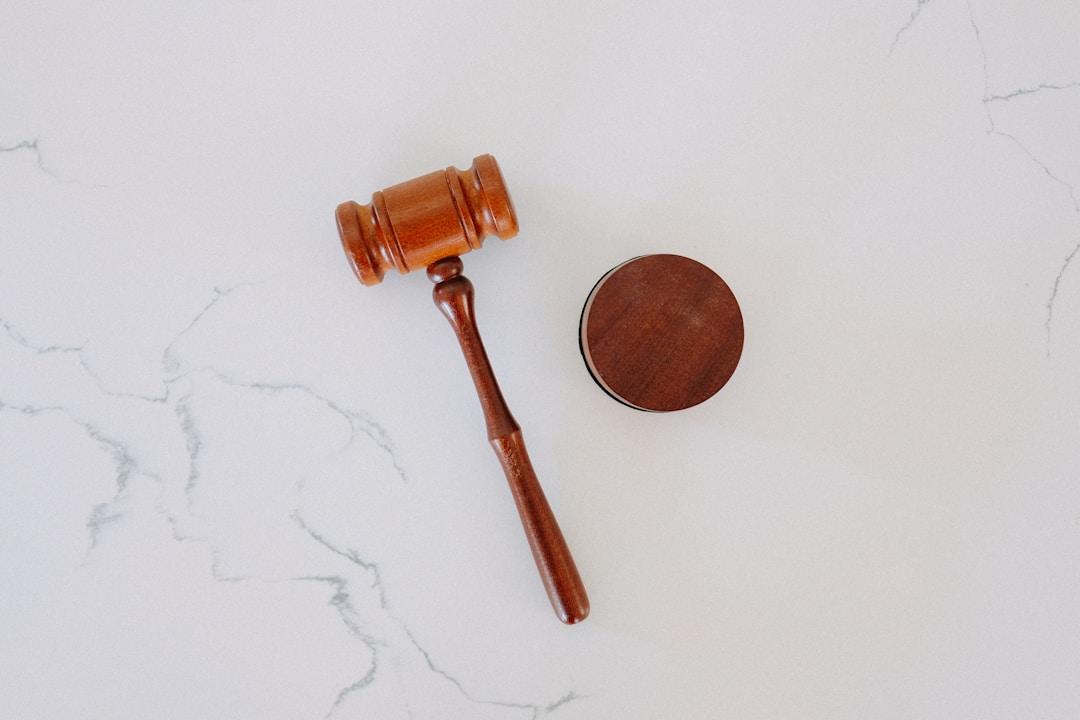Click here to get this post in PDF
Lawsuits are legal proceedings. An individual may sue another person or a business for multiple reasons. Suppose your child suffered a birth injury during delivery. You may file a medical malpractice suit against the medical professionals involved and sue the hospital if you believe their negligence caused the birth injury. An individual injured in a car accident may pursue a lawsuit against the at-fault driver.
Most people hire lawyers to handle the legal proceedings. Lawyers are legal experts who have a law degree and law license. Let’s explore class action lawsuits and look at some class action suits that might apply to you.
What is a class action lawsuit?

Class action suits occur when multiple plaintiffs share similar complaints against a specific party. For example, when a company sells a faulty product that injures multiple people, those people may file a class action suit against the business. One of the advantages of a class action suit is that they’re more affordable for the individuals pursuing legal action because all the plaintiffs share the costs. Pursuing group legal action can also save individuals time because they won’t have to wait for another plaintiff’s case to be heard before their lawsuit can go to trial.
You may have grounds to join a class action lawsuit if you have sleep apnea.
Sleep apnea affects millions of people. It causes people to stop breathing while asleep. Breathing starts and repeatedly stops during the person’s sleep cycle. Sleep apnea sufferers may not feel rested after a whole night’s sleep. Other symptoms of sleep apnea include depression, headaches, weight gain, and irritability.
Continuous positive airway pressure (CPAP) machines are used to treat obstructive sleep apnea (OSA). CPAP machines have a hose that connects that machine to a mask worn by the person with OSA. Pressurized air delivered through the CPAP machine’s hose enters the user’s airway, ensuring it remains open while they’re asleep. BiPAP machines send air through the hose into the airway, and it also applies pressure that prompts the wearer to exhale.
Phillips Respironics is a medical supply company located in Pennsylvania. The U.S. Food and Drug Administration (FDA) issued a recall for Phillips Respironics CPAP machines in 2021. The recall notification cited concerns about these machines because it’s possible for users to ingest foam. Anyone who used Phillips Respironics CPAP machines may qualify to participate in the Phillips Respironics CPAP Machine Lawsuit. Ingesting the toxic foam can cause cancer and other health issues. Some individuals require surgery or chemotherapy to treat health issues caused by ingesting toxic chemicals. The class-action lawsuit against Phillips Respironics seeks financial compensation for pain and suffering and medical costs incurred from the flawed CPAP machines.
People with Parkinson’s disease may have grounds for a lawsuit.
Parkinson’s disease affects the central nervous system. This neurodegenerative disorder causes nerve cell damage. Symptoms include tremors, sleep disturbances, fatigue, anxiety, and depression. Some people have trouble standing or walking.
Studies have linked Paraquat to Parkinson’s disease, prompting a Paraquat Parkison’s disease lawsuit. Paraquat’s a substance used to kill weeds. Although only licensed users can access and apply Paraquat, many people have been exposed to this toxic chemical by coming into contact with lawns and gardens in public spaces and agricultural products.
Individuals who’ve been exposed to Paraquat may develop Parkinson’s disease, and those who have are eligible to join the class action suit against Paraquat’s manufacturers. Although dozens of countries banned Paraquat, this substance is commonly used in the United States. Talk to Paraquat attorneys to determine if you have grounds to join a Paraquat Parkinson’s lawsuit against its manufacturers and users.
Faulty products can cause health issues and physical harm. People affected by flawed products, such as Phillips Respironics CPAP machines and Paraquat, may have grounds to join a class action suit.
You may also like: A Plaintiff’s Guide To Handling A Lawsuit
